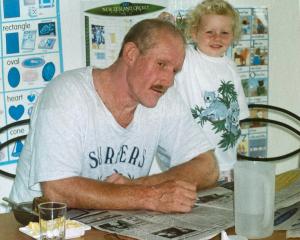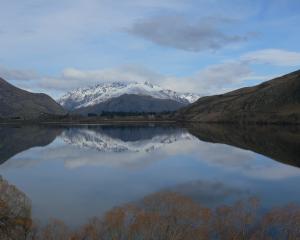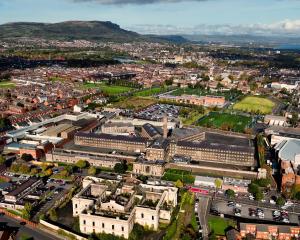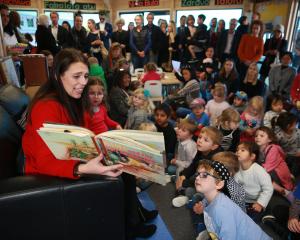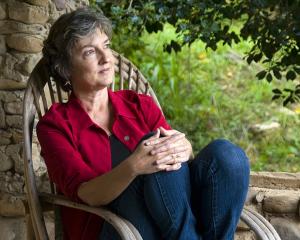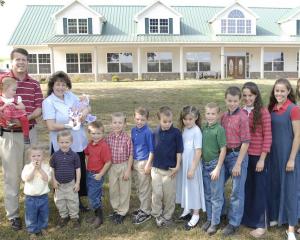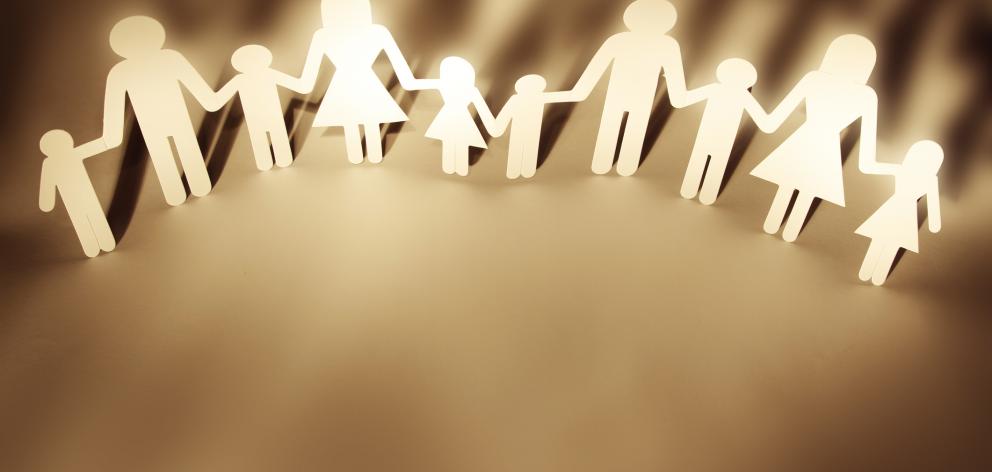
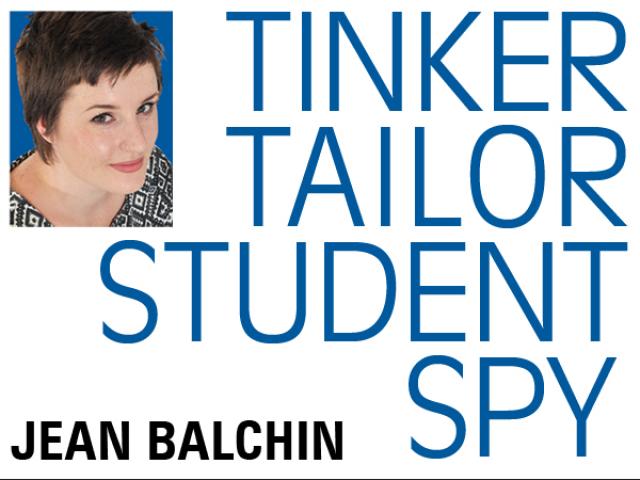
''The Balchin clan, the Balchin clan, driving around in their rusty white van, four in the front and five in the back, so many kids, the tyres go flat!''
The all-too-familiar chant followed us as our van spluttered and rumbled down the main street. My cheeks flushed and I shrunk down into my seat, praying my friends weren't in town that day. As a perpetually embarrassed teenager, having a family that rivalled the Gilbreths from Cheaper by the Dozen didn't help with my self-esteem or street cred.
I was the oldest of nine children - five boys and four girls. Together with my parents, we had enough kids for a soccer team, and more than enough for a nervous breakdown.
In contemporary New Zealand society, where the average family has 2.7 children, my sprawling family was quite the circus spectacle. Many - including my favourite golden-voiced naturalist, Sir David Attenborough - have suggested it's irresponsible to have a large family in today's overcrowded world.
I'd like to think my parents' frugal and practical way of life makes up for the sheer quantity of children they have contributed to society. From giant solar panels to strictly observed four-minute showers and the insistence that walking or cycling was better for us than being driven everywhere, my parents have unwittingly instilled in us a sense of environmental consciousness.
One benefit of growing up with myriad brothers and sisters is that I learnt the value of sharing from a young age. Our wardrobes consisted almost entirely of hand-me-downs and thrift store finds, and it wasn't uncommon to come across someone else wearing your favourite T-shirt.
Unfortunately, this sharing attitude didn't extend to food. I've developed an awful habit of gobbling my food down, my arms protectively extended on either side of my plate to ward off any vulture-like brothers and sisters.
Competition was ingrained in us. I once purposely ''forgot'' to remind my mother that we'd left my little brother behind at the museum. What can I say? One less kid meant more apple crumble at dinner that night.
In large families, competition is a normal part of life, and by extension, conflict is not something one is afraid of. Over time, through all the tears, wrestling and impassioned declarations, I learnt to pick my battles.
Another wonderful consequence of a large family was that traditional gender roles were frequently challenged in our household. There was simply no time for antiquated ideas about how boys and girls ''should'' behave. My brothers bake, sew and knit, and my sister Lucy is an absolute machine on the rugby field and has won the respect of all the boys in her team for simply not giving a damn and holding her own.
As time wore on, I grew fiercely protective of my siblings, and they of me. Playground skirmishes would sometimes escalate into full-on clan wars if someone dared to pick a fight with one of my siblings.
When my brother John drowned a few years ago, I felt like I had somehow let him down. But in the grieving aftermath of this tragedy, we grew closer, pulling each other into protective embraces.
In this chaotic environment we also learnt how to fend for ourselves.
People assume we're poor, uneducated, and that we leech the government dry. Well, my parents are both highly educated, and are capable of making informed decisions about their budget and lifestyle.
I often hear the argument that kids from large families miss out on time, money, holidays, love and attention. Bollocks. We might not take expensive overseas holidays, but we have a marvellous time camping, renting holiday houses and going on riotous cross-country road trips. Moreover, love is not finite.
Over the years, I've come to realise that criticising people's family choices is ill-informed, presumptuous and elitist. I'm very proud of my large family - we may be a rag-tag bundle of hand-me-downs, freckles, and boisterous antics, but I wouldn't have it any other way.
- Jean Balchin is an English student at the University of Otago.


